Separated
I have no memories of the three of them together. There is yes, a photo I found inside a book.
The book is called The Round House and stands out in the library because it does not have a spine, and the seams and the booklets can be seen as if they were the viscera.
In that photo my mother is young and she is holding me in her arms. She looks a little awkward, her arms up above where they normally would be, as if she wants to show me who she's taking the picture of. She is wearing a dark coat and a white knitted beret.
My father is behind her and his hands are on the sides of my mother's shoulders, as if he is supporting her.
She smiles, or imitates a smile. She never liked photos of her.
He doesn't smile, he always said that he finds it stupid to smile at a camera. But he looks proud: he has a slightly raised chin.
Me, I'm just a wrinkled face the size of an apple peeking out from a bunch of blankets.
The scene always seemed strange to me.
A few months after that day my parents separated.
I have no painful memories of the separation, except that everything I did at school, good or bad, was attributed to the fact that I was "the daughter of separated parents", which at that time was a rarity, something similar to a disease .
I guess there must have been gossip behind our backs, but my parents never paid much attention to that sort of thing. They always did everything as if they were absolutely sure.
They must have parted that way too. There must have been screaming or crying, but underneath it, calm.
I never asked the reasons, because when they separated I was too young, later I was used to it and I didn't ask myself, and as an adult, just by seeing them, the answer became obvious to me: it was impossible for me to imagine them together.
They were very different. But their differences did not seem to run in the opposite direction. They were parallel.
They each lived in their house and I in both.
They were separated but seemed to always agree on everything.
In reality it was not that they agreed, but that they agreed on the points on which almost all decisions are based. I was never able to take advantage of the fact that they lived apart to get from one the permission that the other denied me.
“Parejo/a: equal, similar, smooth, flat, that have correlation, two boats that pull the same net together”. That's what the dictionary says, and I can't think of two people who fit this definition more than my parents, not because they are the same, but because of a certain way of functioning that made me think they were the same. They did things together, from the antipodes, from ends that do not touch, like the boats that the dictionary talks about.
If in my mother's house I learned to eat with various cutlery, and as she said "manners", in my father's house I learned to eat with my hands and enjoy it. Those experiences were made for me, complementary.
My father is a Peronist and his pride was to sing the march better than Hugo del Carril. My mother is what my father called in other people and in the absence of my mother, "gorilla".
My mother is Catholic and as she says “pious”. My father says that he is religious and that is why he himself is against the Church.
But if these positions can have something in common, my parents found it and supported my education on it.
They also had in common their Italian origin: Santacaterina, from the south, my father; Gastaldi, from the north, my mother. They both move their hands when they speak: my mother leaves them open, palms up, as if floating, and from there they can move to her hips, her head, or cross. My father's have a broader repertoire of gestures, from biting his crooked forefinger to patting the back of the head of the people he's talking to. I think I don't move them, although more than once I saw myself raising a fist in front of someone with whom I don't agree.
Neither of them remarried.
My father did not want to give any other woman the place he had given my mother, even though there were never a lack of women in his house, or clients who commissioned work every two or three months.
One of them, whom I had seen several times at my father's house, once told me "Let's see if you clear the table", and my father did not need more than to look at her as he sometimes did, for the woman to grab her bag and some things that he had in the room and left. I didn't see her again.
My mother dedicated herself to raising me, to the house, to the care of her parents and mine.
I went back and forth from one house to another with jars of sauce, preserves, pickles, jams, pots, dishes, the iron to fix, the iron to fix, clothes to sew, sewn clothes, the occasional clipping with photos of works by marquetry.
My father's life was always the workshop. He is a cabinetmaker. "Cabinetmaker, not carpenter."
As a girl, when I watched him work, I thought his bones were made of the same dull, worn metal as his tools. My father caressed no one as much as those woods. Neither my mother nor me.
His enormous hands maintained or helped maintain four houses for decades: my mother's, his and those of my grandparents, the Argentines and the Italians.
Every time my father received a job, I would take an envelope with money to my mother's house.
For years I walked the eight blocks that separated the houses carrying and bringing things.
When I was nine years old, I walked the eight blocks with a puppy in a bag, because a dog had found no better place to give birth to seven children than my father's workshop. The next day I did those eight blocks again, with the puppy back to my father's house. My mother had forbidden me to name him, so my father adopted him and named him Cane, just Cane.
At nineteen, I made those blocks with a wheelbarrow, because my father had bought the color television for “my mother's house”. Luckily that time I didn't have to bring him back.
Someone once told me, in high school, “Do your parents not speak to each other?”, “They don't need to”, I answered without thinking. I thought so after listening to myself. I think about it now: they got along so well that they didn't need to talk to each other.
The only time they saw each other, when my grandparents died, they didn't speak to each other either. It was twice, actually, but within a few weeks: what my grandfather endured without my grandmother.
My father came to each of the wakes and hugged my mother in silence. She kept saying the things that she was saying, but they were not directed at my father but at herself or at God or at life. It was a kind of lament. At first I thought she was cursing, but then I realized that she kept kissing the medal that she wore around her neck.
After that my father, in a white suit, stood a few meters away, with his hands clasped behind him, still as if silent.
In the months that followed, my father asked me every day about my mother. "How is she. Mi fai sapere”, he would say. I think my mother didn't even remember seeing it, just as she didn't remember anything that had happened in those days, except that my grandmother had been made up “like a clown”.
My mother, crying, cleaned my grandmother's face at the wake with the handkerchiefs that her friends were lending her. When my mother tried to return them, her friends held out their hands palm down just like the eyes and moved their heads from side to side. “Lascia”, they said, or “Dejá”. My grandmother's face had turned yellow again, like in the hospital.
My mother brought many handkerchiefs home from the wake, which she washed and returned to each of her owners. She had forgotten everything except who each of the handkerchiefs belonged to.
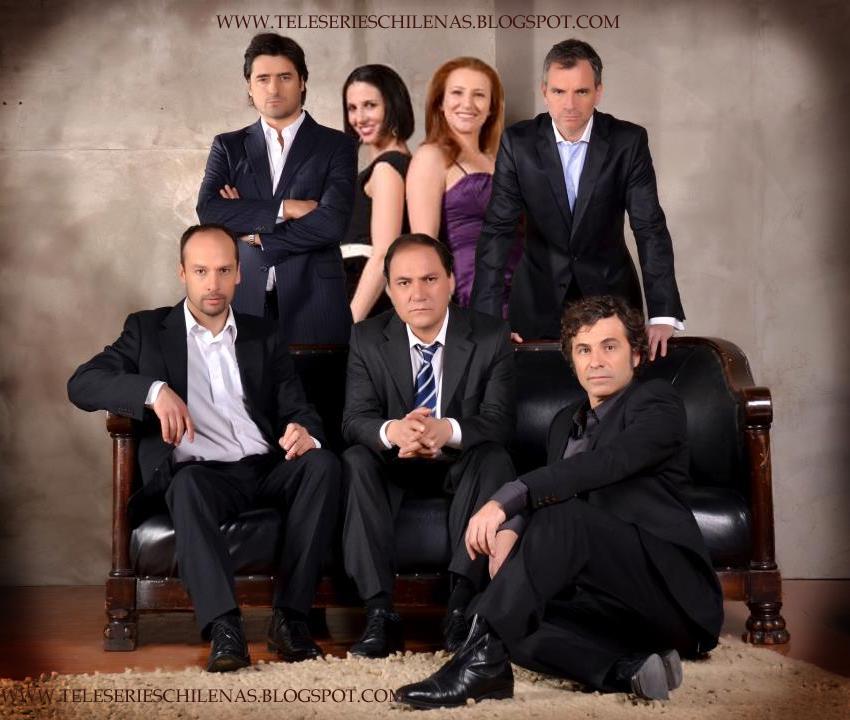
how to make cough medicine with lemon juice https://t.co/MvQMrGAHub https://t.co/3U7RH41ozB
— Asrar Ahmed Fri Oct 27 13:30:39 +0000 2017
Like a monster that eats another and grows, my grandparents' house served to strengthen ours: with the money from the sale, my mother was able, as she had always wanted, to roof the patio and build a new and larger kitchen. "Thank you, mom," he would say sometimes. Mom without accent on the last “a”.
The kitchen was larger than any other room in the house.
Faculty meetings were always held there. My classmates who had come from the interior to study in Buenos Aires were the ones who most missed being in a living kitchen like my mother's.
When I joined the agency, the first campaign I was able to participate in was a bouillon cube campaign. When I showed her my work, my mother said that she thought she was "terrific", as always before something I had done, and she added "Poor woman who buys the broth".
She always took pride in not giving me food that wasn't homemade.
She made it difficult for me to move, to break the border of the eight blocks. Although I continued in the same neighborhood, and going every day to see them, each one at her house. I always had the feeling that my house was one, in two halves separated by eight blocks away.
When mom started asking me the same things over and over again, I thought I'd bring her to live with me. When the kitchen caught fire, I didn't hesitate: I put the house up for sale, and since my mother's house had eaten my grandparents' house before, I fed mine with hers: we moved to a four-room apartment. Ten blocks from my father's house.
I traveled those ten blocks, now by car, but carrying and bringing things as before. Bringing more than bringing, and bringing more and more furniture that my father made and people no longer bought: small tables, shelves, stools.
He carried pots with the food my mother prepared.
I think that nothing, neither the forgetfulness, nor the bad moods, nor her fights with the doorman hurt me as much as the fact that my mother's food was not what it used to be. Shapeless ravioli, which had lost the filling on the side, which had not been able to separate from each other because the wheel had not managed to mark the pasta. My mother's intention to make ravioli. The filling and white bits of pasta floating in the water, sticking to the strainer. Try to take them off to serve them, to bring something to my father.
I remember that for the first time I dropped something on the way to my father's house. I threw the ravioli on the side of a tree, and I cried, with the bag of cheese and the pot in my hand.
Already then I had left Pablo because he wanted us to move in together, have children and I don't know how many more things that I wasn't prepared for. Or the ones I didn't feel like.
Ravioli day was the only time I felt like seeing it again. Maybe that day he would have said yes to everything.
Ordering food over the phone was a big step. When we add a movie to it, we find a harmonic routine, and we complete the picture with a cat: Dante. "There is nothing better than caressing something while suffering for another," my mother used to say. I used to wonder who the main character was in the middle of the movie, but still I couldn't stop enjoying it. She surrendered to the plot of the moment and I tried to imitate her: not trying to understand what was happening to her, how her mind worked.
The agency became a kind of frantic distraction.
I don't know who placed the center of what we are in the heart. Some Greek said that the center is not in the heart but in the liver. I know that the center of my father's existence is in his hands. More precisely, in the possibility of imagining something and then, through his hands, making it appear in the wood.
With a cruelty that only fate is capable of, he was diagnosed with Parkinson's. The disobedience of the hands, his indifference. The mockery of the hands before an order from the brain. The madness of the hands. From the beautiful, huge hands of my father.
It wasn't so much the change in his hands as it was in the rest of him. He turned sullen. He had always been in a way, but he began to be more actively, with an almost adolescent enthusiasm. He hated everything. He hated the neighbors, who complained about the noise of the machines in the workshop at dawn. And the more they complained, the more he got up at night and worked.
They made a complaint at the police station, and from the complaint, a fight in the middle, with a blow to the hood of a car, led to a lawsuit and having to pay a lawyer money that the workshop had not produced for a long time. The tremor had worsened. His clothes were always stained. He was not sad, but filled with fury, and the fury was transformed into strength. That made me happy. I couldn't bear to see him sad.
Just as the houses were eating each other, the taxes and the lawyer wanted to eat my father's workshop. And he defended it with the house, and it was the workshop that ate up the house, which "in any case, he hardly used anymore," said my father, who put his bed a few meters from his work table .
My father would have continued to live among sawdust and tools, but the neighbors managed to get the workshop closed.
When I was a child I fell off my bike. The seconds before my face hit the asphalt were etched into me: it was as if I was motionless and the black floor was getting closer without me being able to do anything. The days before my father moved home were very similar to those seconds. Images of what life was going to be like together terrified me.
The clash of manias can be more violent than any clash of cultures, ideas or opinions because the roots of manias are beyond those of any idea or idiosyncrasy.
My father brought the same suitcase that he must have taken when he separated from my mother. A leather suitcase with two stickers, one from Mar del Plata, and another, inexplicably, from New Jersey.
I missed my father's fury, his complaints, his tirades. His sadness was devastating.
He seemed to carry her: he lost weight and his back hunched, and his unruly hands dangled as he walked, like a monkey's.
He came back to the workshop every day, to feed Cane Quatro, to turn on a machine, to oil it, to touch the wood, to smell it, to arrange his tools, or maybe just to be with them.
There were no crashes. It was as if my parents had continued to live eight blocks away.
I came back later and later from the agency.
One morning my mother asked me who was the "boy" who was in the kitchen. "It's dad," I told him. “Bello”, she replied, and continued on, fixing her clothes.
That day, when I came back, there was pesto in the fridge and pesto perfume all over the house. They had cooked.
Then they began to go for a walk. Sometimes she accompanied him to the workshop.
One night I came back and they weren't there: they had gone to the movies.
My father's forehead had smoothed out and he sometimes whistled. His back had straightened again. He was speaking in Spanish again. Although my mother told him to speak Italian because he was more romantic.
Until one Saturday morning they told me they wanted to talk to me.
I sat in the dining room and said, "What's up." My father took my mother's hand and said, "We're dating." I said nothing. They looked at each other.
"We want to live together," my father continued.
"Dad, mom," I said, "you already live together."
They wanted me to move. I live in a hotel. They got married in October.
The day of the party we took another photo: my mother in the center, in a lace dress. My father, in an impeccable white suit. My mother smiles: she has new teeth. My father says it's idiotic to smile at the camera. He has his chin slightly raised.
I have the bouquet in my hands.
I found the book without the spine, placed the photo next to the other, completed the album.ss





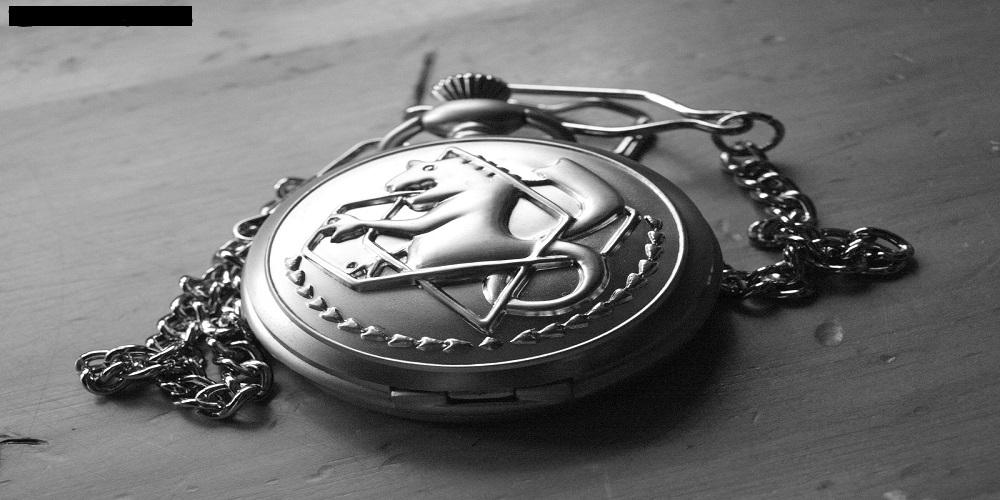
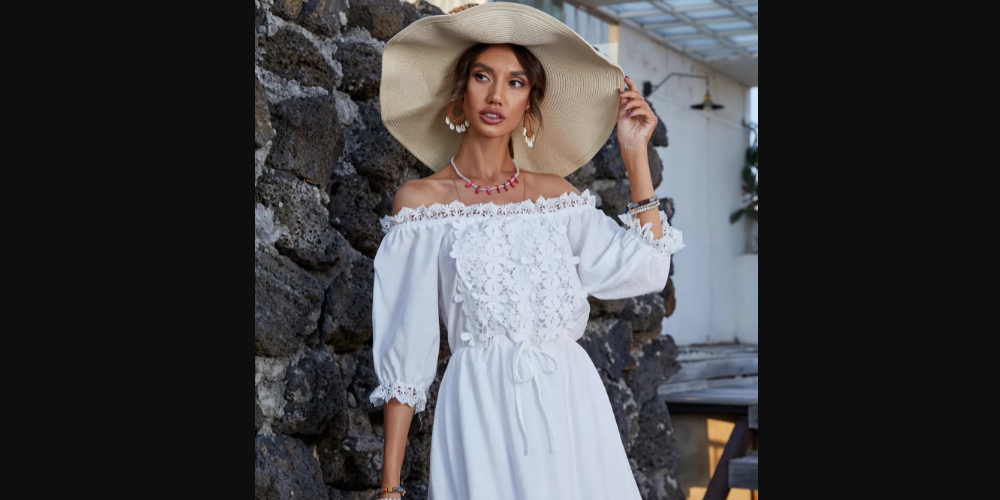
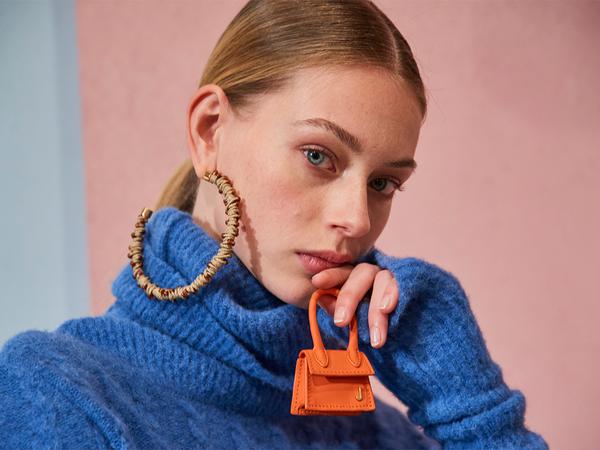
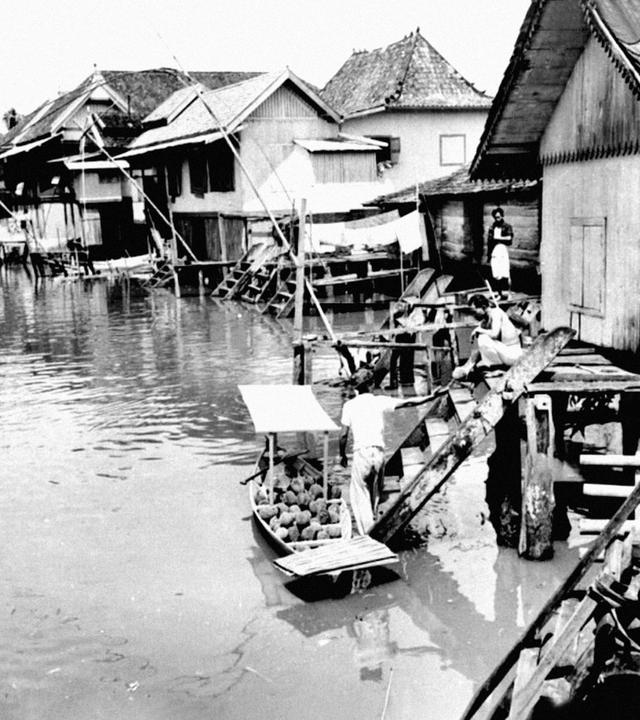
1610